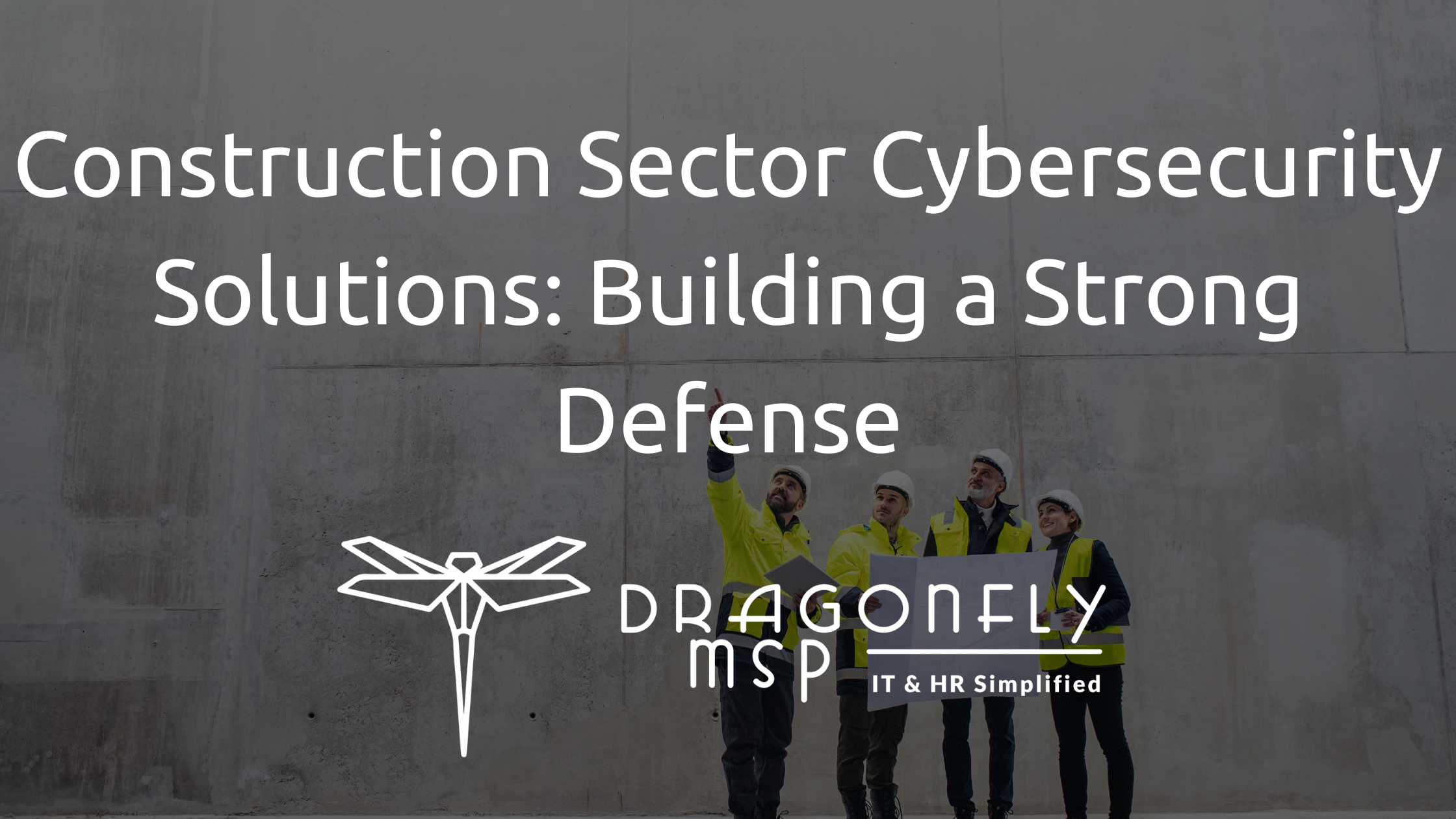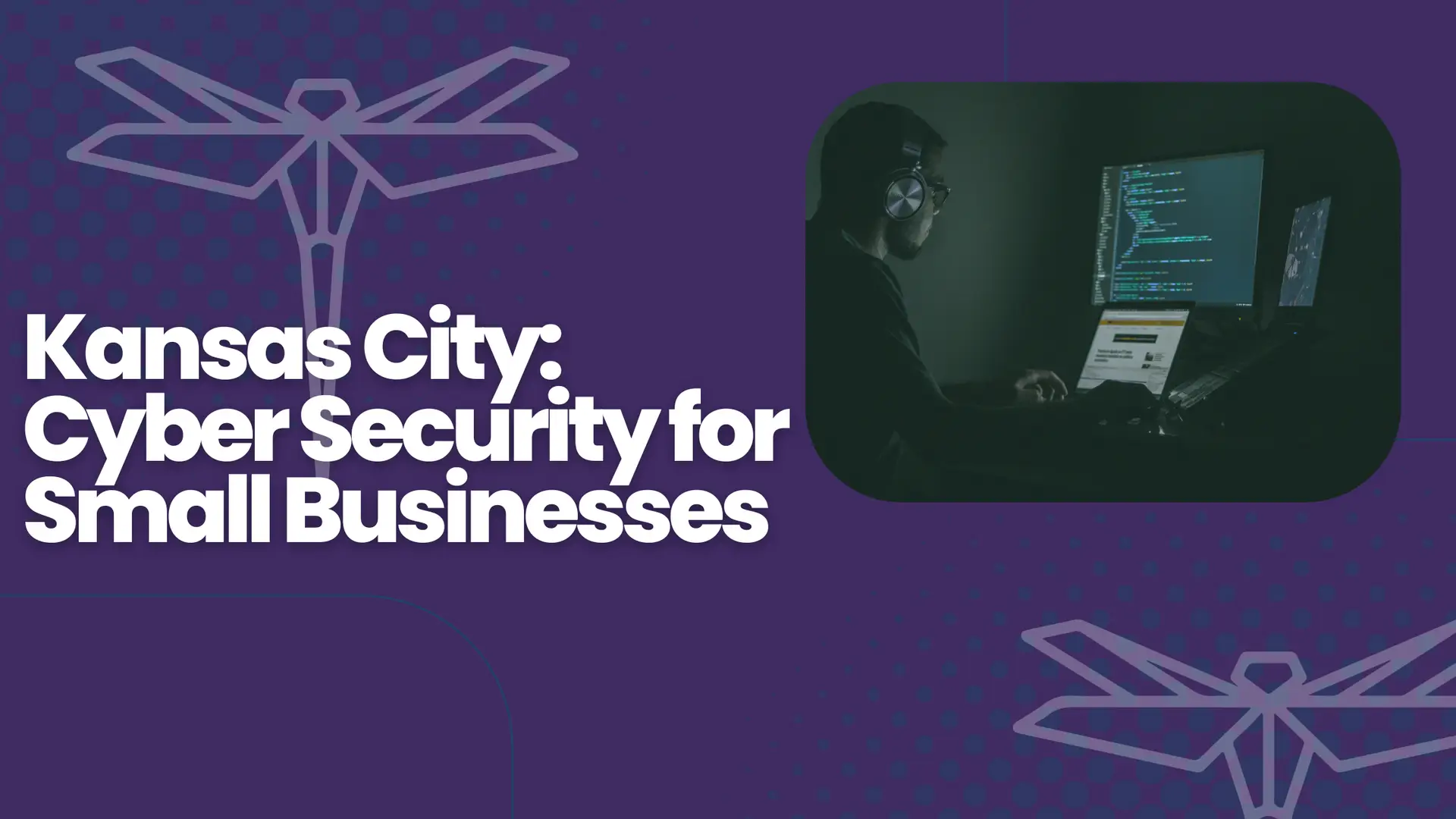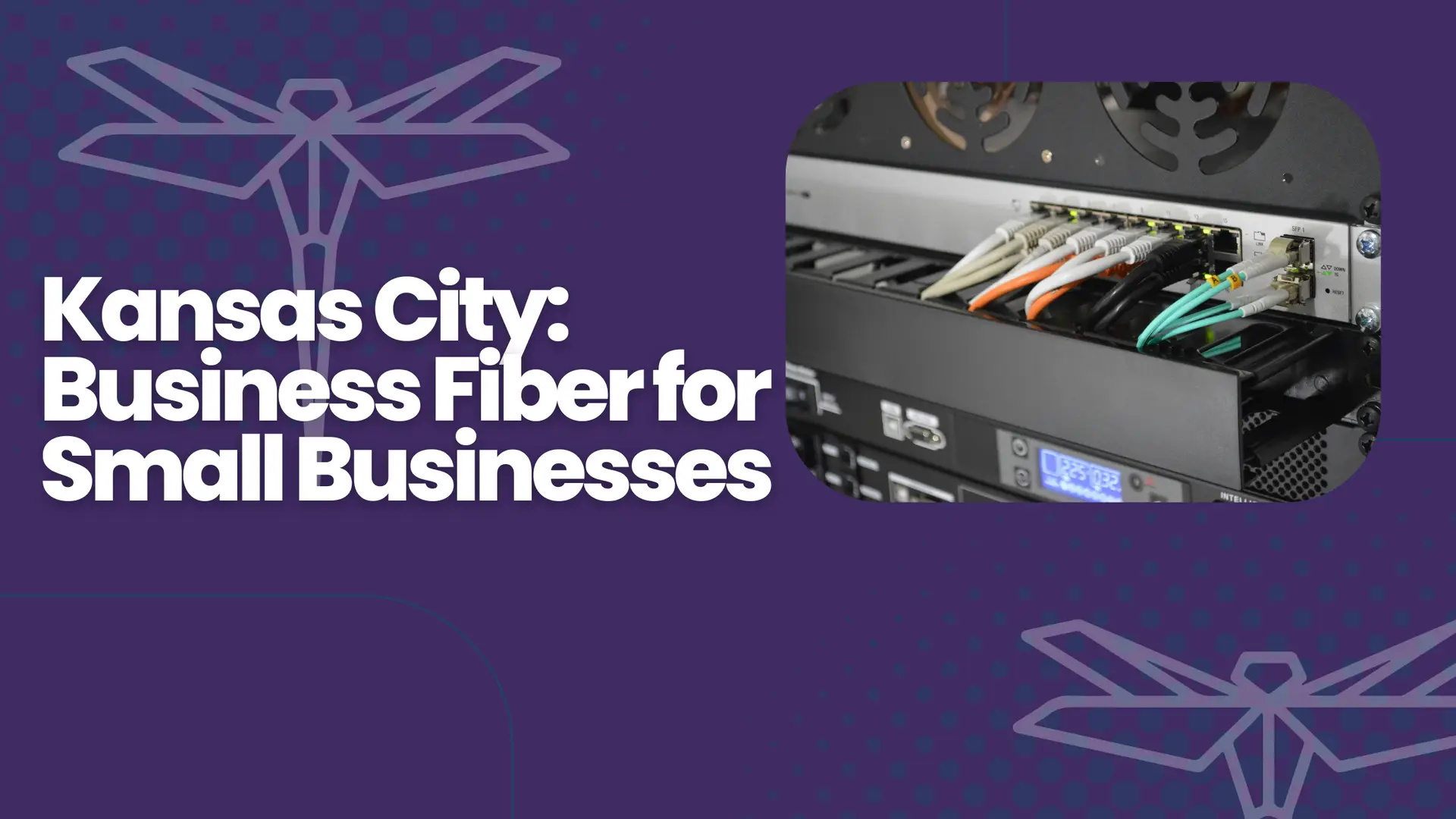In a world where cyber threats lurk around every digital corner, the construction sector isn’t immune. You might think, “Why would hackers target construction companies?” Well, from blueprints to financial data, there’s plenty to steal. And let’s face it, the construction industry isn’t exactly known for having the tightest cybersecurity measures. But fear not! With the right cybersecurity solutions, construction companies can build a digital fortress as strong as the buildings they construct. Let’s dive into the world of cybersecurity solutions for the construction sector and explore why they’re crucial.
Why Cybersecurity Matters in Construction
Construction companies handle sensitive data: project plans, employee records, financial information, and more. If hackers get their hands on these, it could spell disaster. Data breaches can lead to financial loss, reputational damage, and even legal troubles. So, it’s essential to have robust cybersecurity measures in place.
Common Threats
- Phishing Attacks: These sneaky attempts to steal information are as pesky as mosquitoes at a summer BBQ.
- Ransomware: Imagine losing access to all your files unless you pay a hefty ransom. Yikes!
- Data Breaches: When unauthorized folks get access to your sensitive data, it’s like having uninvited guests at your party.
- Insider Threats: Sometimes, the danger comes from within. Disgruntled employees or careless mistakes can lead to data leaks.
Cybersecurity Solutions for the Construction Sector
To protect against these threats, construction companies need a multi-layered cybersecurity approach. Here are some top-notch solutions:
1. Employee Training and Awareness
Knowledge is power, folks! Training employees to recognize phishing emails and other cyber threats is your first line of defense. Regular workshops and quizzes can keep cybersecurity fresh in everyone’s minds.
2. Endpoint Security
With workers often on-site or remote, securing endpoints like laptops and mobile devices is crucial. Use antivirus software and firewalls to keep these devices safe.
3. Data Encryption
Encrypting sensitive data ensures that even if hackers intercept it, they can’t read it. It’s like sending messages in a secret code only you and your team can decipher.
4. Regular Software Updates
Hackers love outdated software because it’s easier to exploit. Keep all software up-to-date to patch vulnerabilities and stay one step ahead.
5. Access Controls and Identity Management
Limit access to sensitive data based on roles. Implement multi-factor authentication (MFA) to add an extra layer of security. It’s like having a bouncer at the club checking IDs.
6. Backup and Disaster Recovery
Regularly back up data and have a disaster recovery plan in place. This way, if the worst happens, you can quickly bounce back without losing critical information.
7. Network Security
Secure your networks with firewalls, intrusion detection systems, and virtual private networks (VPNs). Think of it as building a moat around your digital castle.
Implementing Cybersecurity Measures
Implementing these cybersecurity solutions isn’t just about buying software and hoping for the best. It requires a strategic approach:
- Assess Vulnerabilities: Conduct a thorough assessment to identify weak spots in your current security setup.
- Create a Cybersecurity Plan: Develop a comprehensive plan that outlines security measures, response protocols, and employee roles.
- Invest in the Right Tools: Choose cybersecurity tools tailored to your company’s needs and scale.
- Monitor and Update: Continuously monitor your systems for threats and update your security measures as needed.
- Engage with Experts: Consider hiring or consulting with cybersecurity experts to ensure your defenses are rock-solid.
FAQs
Q: How often should construction companies update their cybersecurity measures?
A: Regularly! Monitor threats continuously and update measures as needed, ideally quarterly or after any significant changes in the company.
Q: Why should construction firms invest in cybersecurity?
A: Investing in cybersecurity is crucial to protect sensitive data, prevent costly breaches, and maintain a good reputation. The financial impacts and legal consequences of a data breach can far outweigh the cost of cybersecurity solutions.
Q: Why is employee training important in cybersecurity?
A: Employees are often the first line of defense against cyber threats. Training them helps prevent phishing attacks and other common threats.
Conclusion
In today’s digital age, robust cybersecurity solutions for the construction sector aren’t just a nice-to-have—they’re a must-have. From safeguarding sensitive data to preventing costly breaches, these measures protect your company and its reputation. So, don’t wait for a cyber attack to happen. Start building your cybersecurity fortress today!
#Cybersecurity #ConstructionSecurity #DigitalDefense







